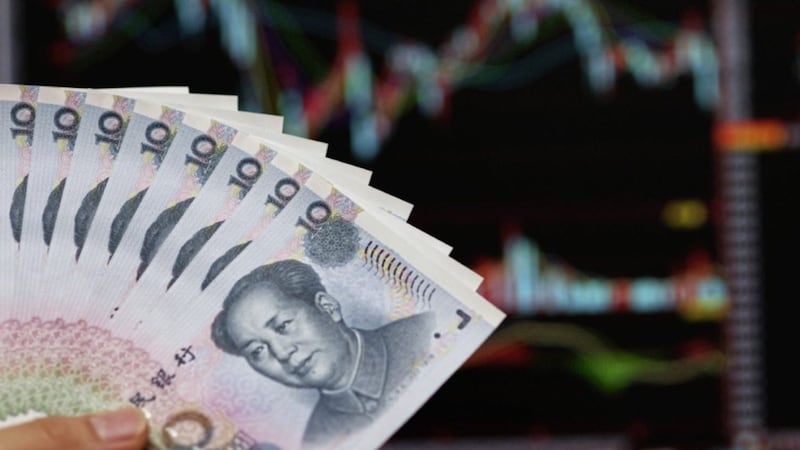THERE can be little doubt that Chinese economic activity has slowed in recent quarters. When we look for reasons, we can begin with domestic factors.
For some time, Chinese policy-makers have been trying to contain some of the financial stability risks that have arisen from China’s unprecedented stretch of sustained growth.
The ensuing financial regulations introduced in 2017 and early 2018 led to a meaningful contraction in some of the more unwanted parts of Chinese lending capacity, hitting private sector companies in particular.
Just as policy-makers stepped a little harder on the brakes, the external environment got more difficult too. Trade tensions stepped up and the global growth cycle peaked.
In such circumstances China may benefit from the fact that its policy-makers, increasingly controversially, continue to sit at the commanding heights of the economy - they simply have more levels to pull than many of their developed world counterparts, where market forces are allowed a much greater role in where resources are allocated.
If we think of the Chinese economy as a car, or perhaps an extremely large bus, where the authorities had been tapping the brakes, they have more recently been pushing the accelerator again.
The effects of this attempted re-acceleration have been taking a while to show up in the data for a number of reasons. Many have highlighted that local government officials, who typically implement infrastructure spending and other forms of stimulus, are facing conflicting pressures in the context of the reforms of the last few years.
A disgruntled developed world seems to have found a common enemy in Chinese trade practices. On the other side of the debate, some argue that in railing against protectionism and Intellectual property theft, many in the developed world are guilty of hauling up the ladder by which they themselves ascended .
There are several points for investors to take from this sprawling, evolving debate.
First, China’s growth and success in reducing domestic poverty in the last few decades comes as close to a miracle as the subject of economics will allow. However, there is simply no precedent for a country of China’s size and complexity attempting to get to the next stage of economic development under even a similar political context.
How an administration clearly reluctant to relinquish further control of the economy will create the necessary context for domestic innovation and the wider private sector to flourish remains unanswered.
Second, it is in large part the revolution in information and communication technology of the last couple of decades that has brought developed world workers into direct competition with their emerging market peers, such as those in China.
Step changes in the ability to communicate quickly, cheaply and reliably with the other side of the world has decimated the previously prohibitive cost of co-ordinating production processes across far flung territories.
Disentangling these technological advances from the forces of global trade and globalisation that many are fighting to reverse, is likely impossible.
Remember, for investors, these technological gains are the beating heart of the long term returns from capital markets.
Finally, with regards to China’s near term path, we obviously want to be wary of overconfidence. This is an opaque economy at the best of times.
However, we still see policy makers enjoying sufficient means to keep the show on the road and would expect the economy to brighten a little over the course of this year.
:: Jonathan Sloan is a director at Barclays Wealth and Investments NI








